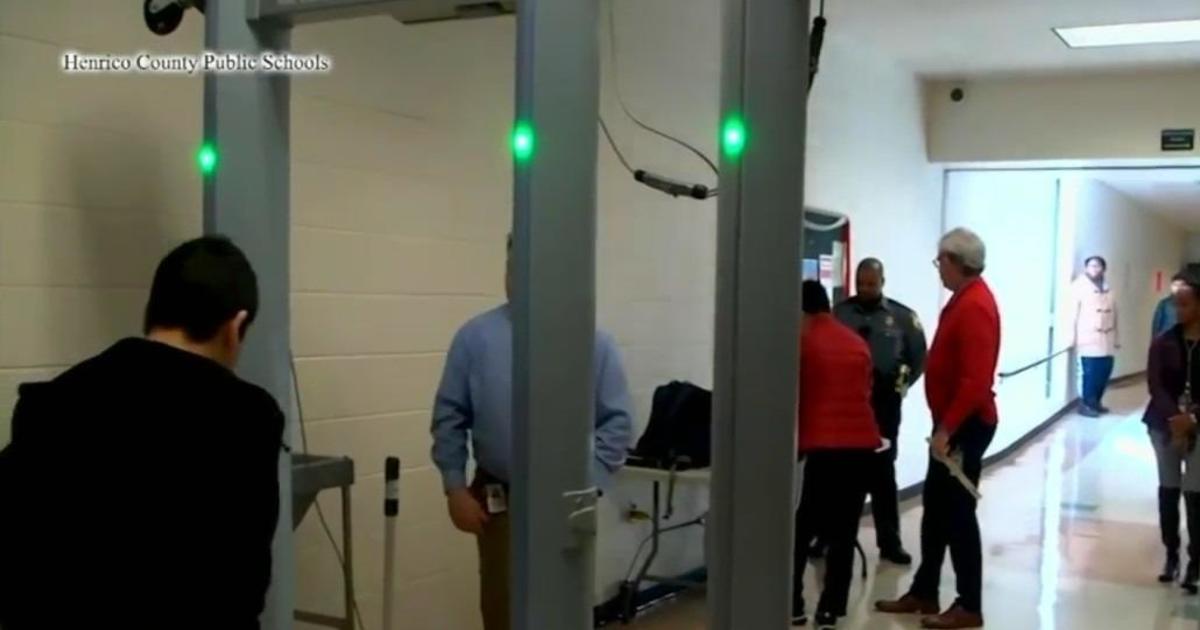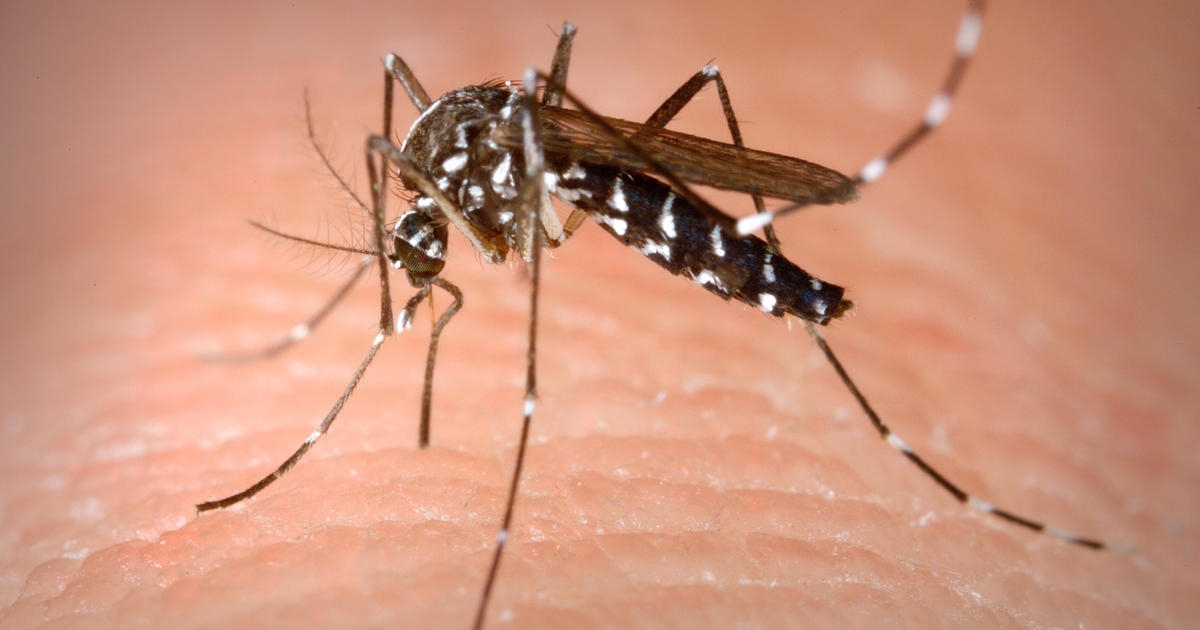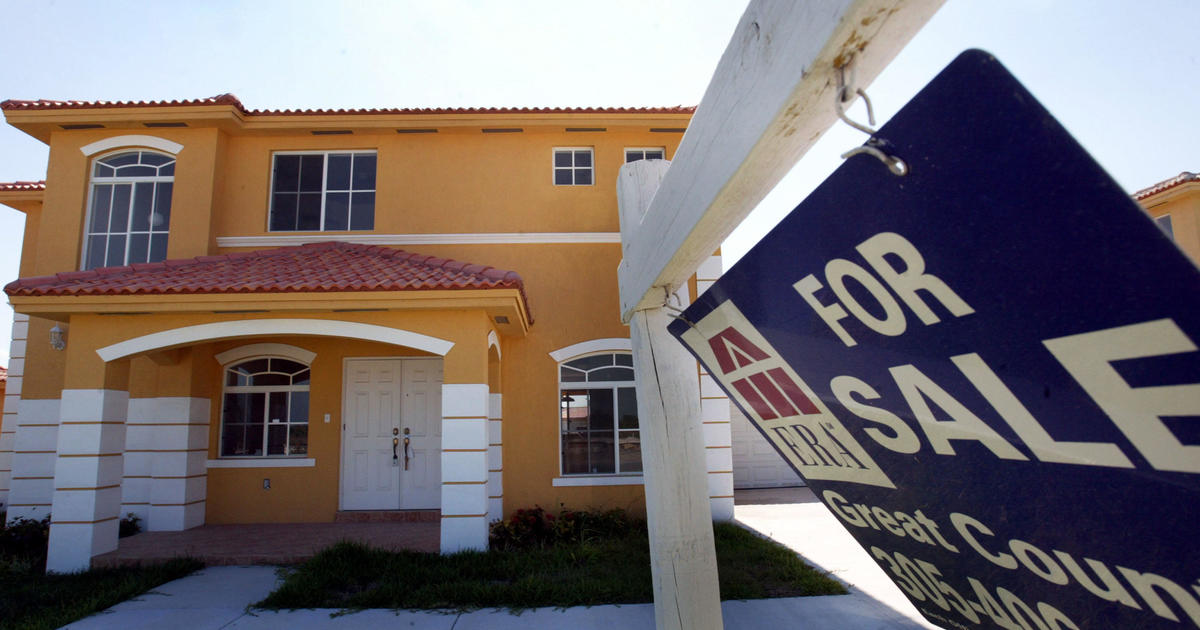Report: Broward's Black Communities Rife With Health Problems
BROWARD (CBSMiami) – Gaping healthcare disparities and skyhigh diabetes rates are among the disturbing findings in a "state of black Broward" health report released Thursday.
The report from the Urban League of Broward County reveals low-income communities wedged between Interstate 95 and the turnpike, and stretching from Fort Lauderdale to Lauderdale Lakes and Lauderhill, are home to the highest diabetes rates in Broward County.
The statistics, charts and anecdotes revealed high rates of infant mortality, HIV/AIDS deaths, and cases of diabetes, with rates in the 33311 ZIP Code (this area) more than 200 times the overall county rate, reports CBS4 news partner The Miami Herald.
"My reaction as a resident, as a mom, as a wife, is we can't continue with business as usual,'' said Germaine Smith-Baugh, president and CEO of the Urban League. "What I took away is we have to work comprehensively to address the family issues and community issues. We have to take a holistic approach in developing the family.''
Smith-Baugh, speaking at the league's new community empowerment center in Fort Lauderdale, called the findings "an urgent call to action.''
The report covered a broad array of concerns, including maternal infant and child health; health and nutrition; disease prevention and health equity. Among the findings:
* The mortality rate for HIV/AIDS is six times higher among black men and women in comparison to Hispanic and non-Hispanic whites.
* The mortality rate for black infants is three times the rate of white or Hispanic babies.
* The highest rate of teen-age births occur among young black teens (38.2 percent), followed by Hispanic youths (22.9 percent).
* Non-Hispanic blacks make up 26 percent of the county's population, but account for 33 percent of the uninsured – approximately 151,000 of the 418,000 uninsured residents in 2010.
"When we talk about health, we are not just talking about behaviors such as in eating your fruits and vegetables and getting enough sleep,'' said Danielle Doss-Brown, the Urban League's research and evaluation manager. "We are also talking about access to affordable health care and healthy foods which is influenced by social determinants such as poverty, income, education and housing.''
The Urban League unveiled the report – its first since 1994 — as part of a community-wide health initiative which also included a health care symposium Thursday in which panelists discussed the findings. The larger goal is to narrow the gaps, but also to humanize the numbers.
The report was developed over seven months based on 2010 and 2011 data from the Florida Department of Health and was funded by Sunshine State Health Plan and Centene Corp.
Along with a coalition of health care providers, community organizations and academic institutions, the Urban League will use the report to develop an action plan by the end of the year that is expected to include education, state policies and programming.
"Having grown up here, I was aware of the statistics but to see them in writing …it's alarming.,'' said panel moderator Dr. Carmen Shirley, of Teen Health of South Florida at Westside Regional Medical Center. "To change this tide is going to require everyone's participation.''
(TM and © Copyright 2013 CBS Local Media, a division of CBS Radio Inc. CBS RADIO and EYE Logo TM and Copyright 2013 CBS Broadcasting Inc. Used under license. All rights reserved. This material may not be published, broadcast, rewritten, or redistributed. CBS4 news partner The Miami Herald contributed to this report.)



